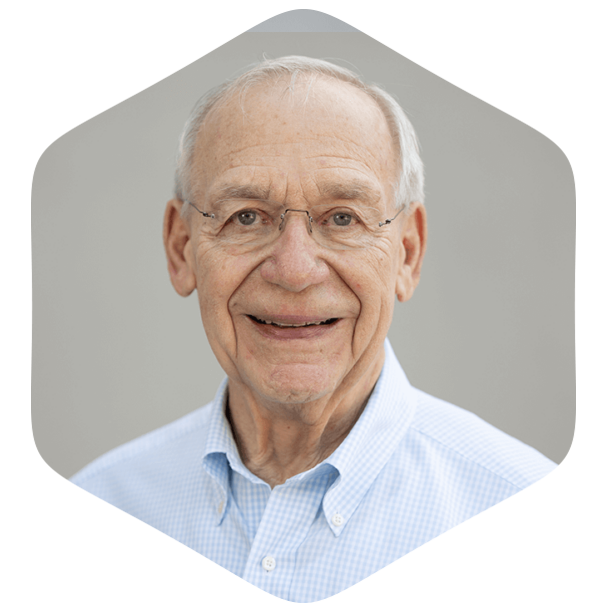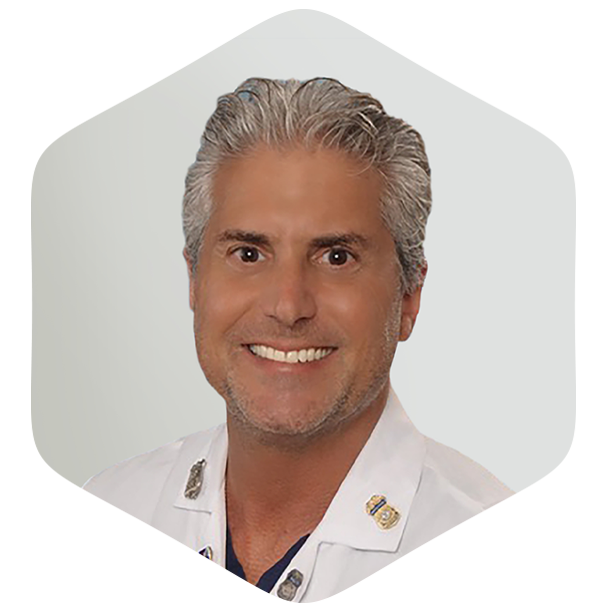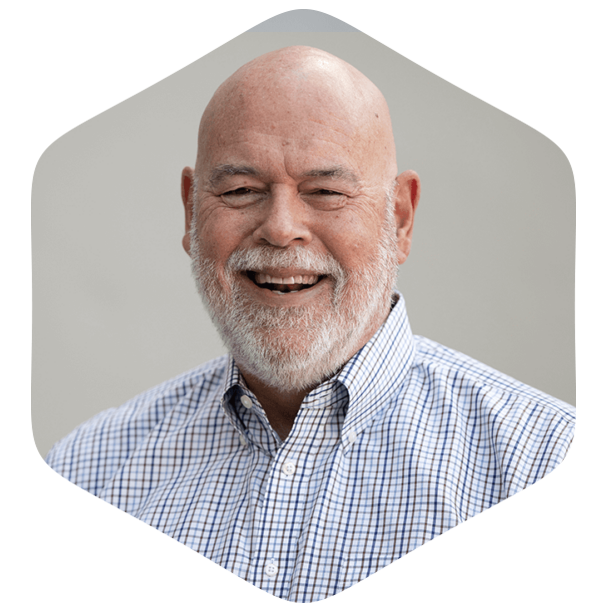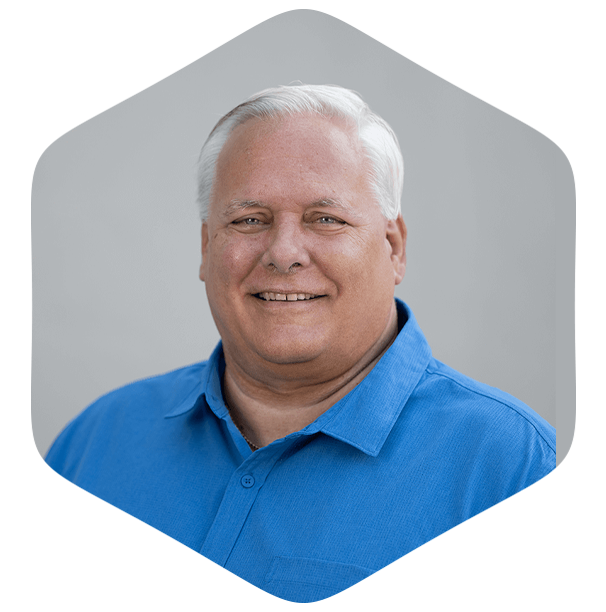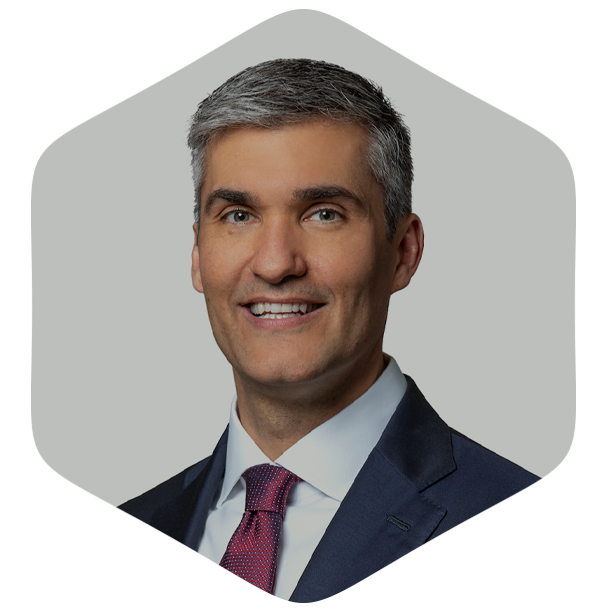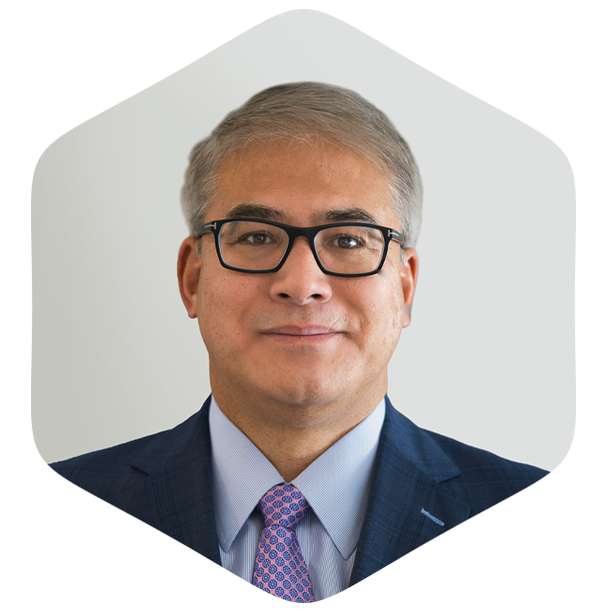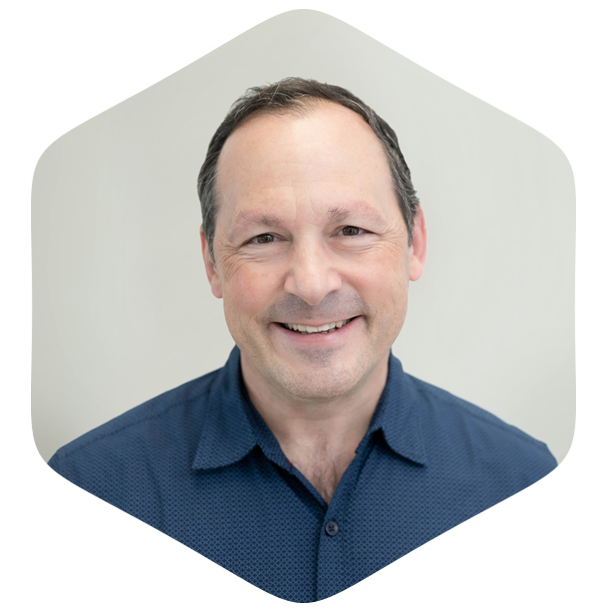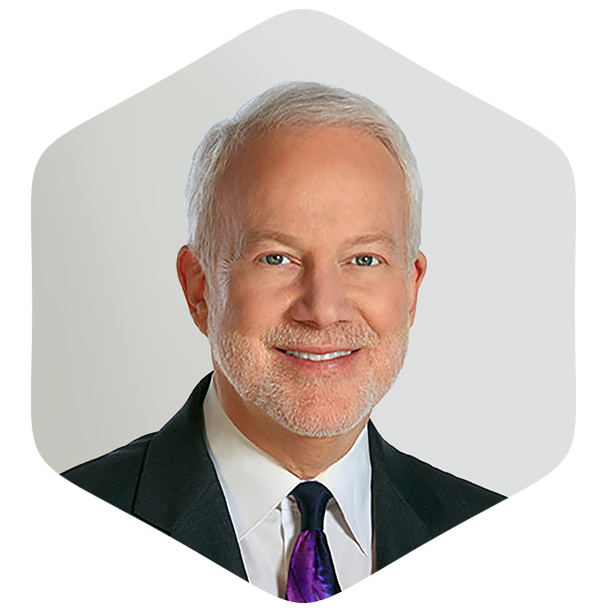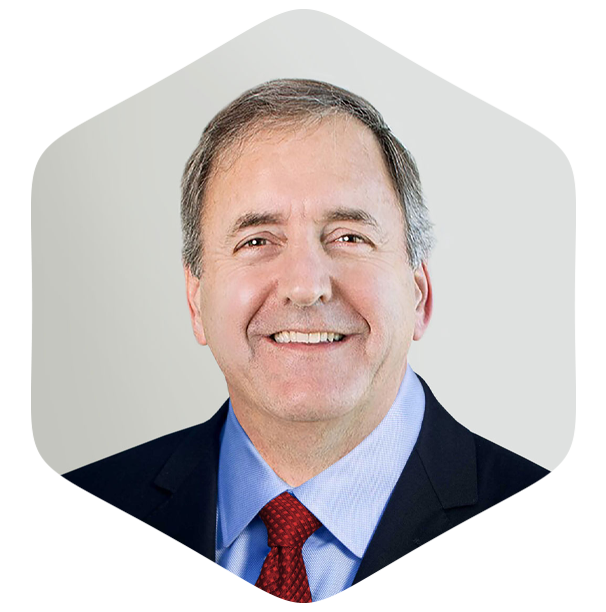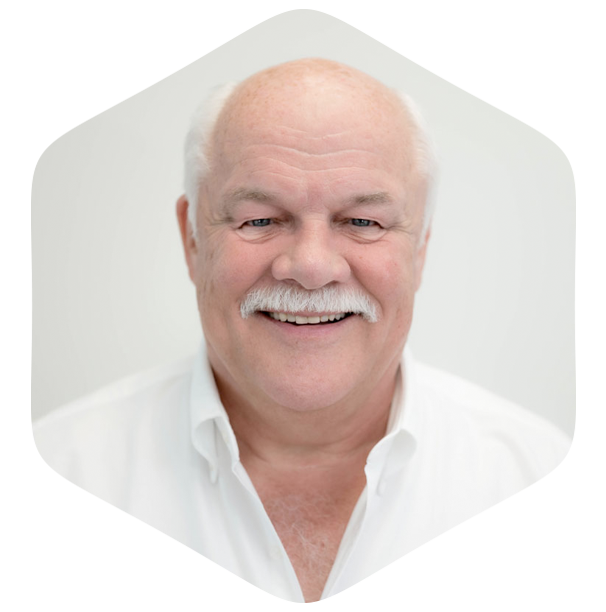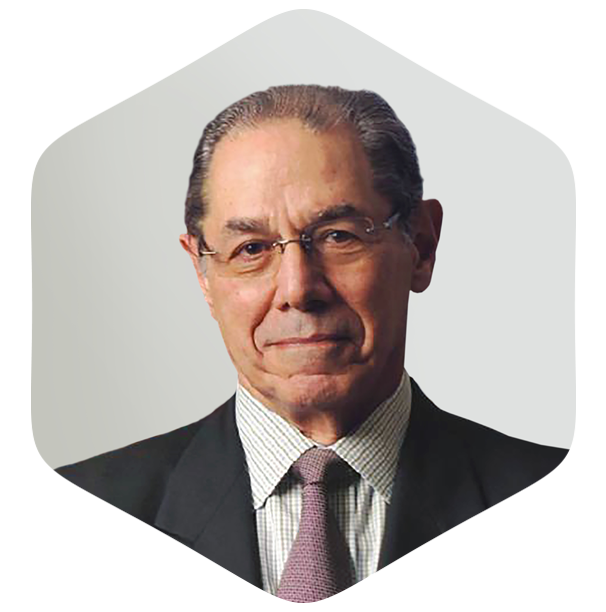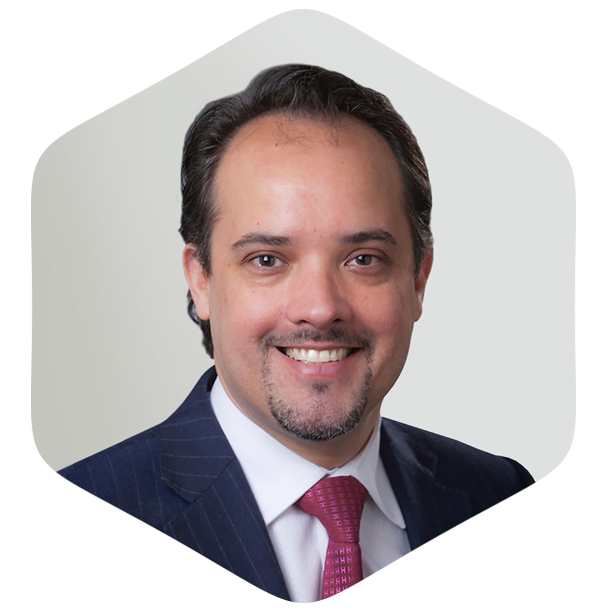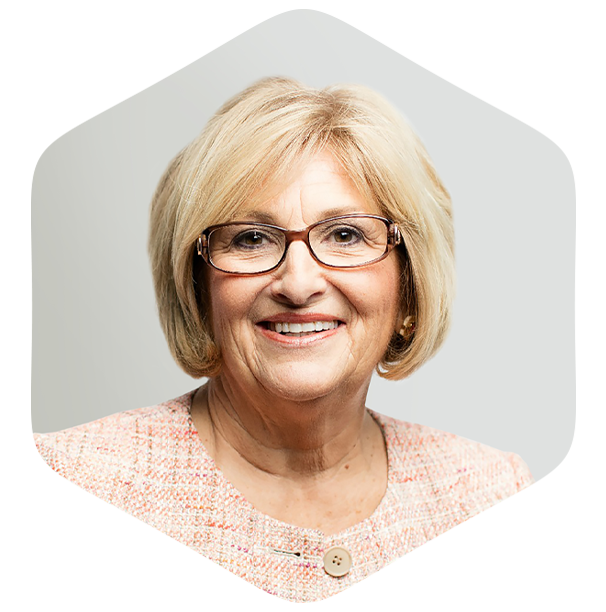
President and CEOEric Schlumpf
Eric Schlumpf has extensive startup, early stage and large public company leadership experience. His background includes leadership roles in a variety of industries, including health care, telecommunications and high tech. Eric was recently CEO of PathMD, an early stage pathology laboratory company based in Los Angeles, which grew to become the premier pathology provider in the market during his tenure. Prior to PathMD, Eric was a VP and General Manager for T-Mobile USA; responsible for its largest and most important US market. He was a founder of Archstone Consulting, an international consulting firm, and he was a partner with Deloitte and Touche, where he advised several multinational pharmaceutical, health care and technology companies. Eric is one of the inventors of PolyCol, and he holds a Bachelor of Science in Electrical Engineering from Texas A&M University, and a Masters of Business Administration from Texas Christian University. He has completed additional post-graduate studies at Southern Methodist University and the University of California, San Diego. Eric has served as a board member and advisor for several companies.

